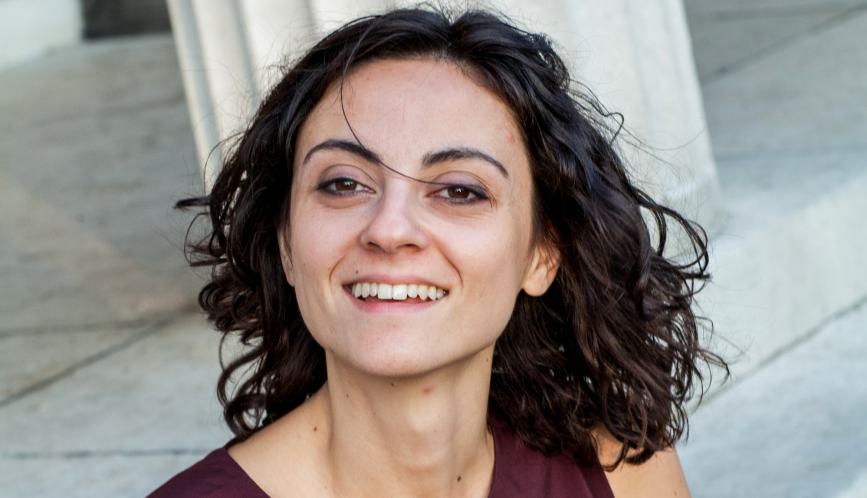Markets network member Michela Tincani is an Assistant Professor at University College London and a Research Fellow at the Institute for Fiscal Studies. A labor economist with an interest in social inequalities, Tincani's work combines administrative microdata and quasi-experimental data variation with insights from applied microeconomic theory. In 2016, she was awarded an ESRC Future Research Leaders grant to conduct research on the first randomization in the world of a national affirmative action policy. Tincani and her colleage, IP network member Fabian Kosse, were also awarded a Young Scholar grant from the Jacobs Foundation that allowed them to collect data in all schools in Chile that participated in this unique randomized control trial (RCT). Her HCEO working paper, Heterogeneous Peer Effects and Rank Concerns: Theory and Evidence, is the most viewed paper on our website over the past two years.
Describe your area of study and how it relates to current policy discussions surrounding inequality.
I am interested in inequality in education. Some of my papers examine inequality directly. For example, I have studied what determines differences in teacher quality across public and private schools in a market-based school system. Other papers are more technical, like my papers on peer effects, but their end goal is to understand what factors drive the development of human capital and through which channels. Understanding these mechanisms is essential in informing and shaping policies aimed at leveling the playing field.
I am currently working, together with Fabian Kosse, Enrico Miglino, and Ranjita Rajan, on a project that has direct policy relevance in Chile and provides lessons generalizable to other countries. More specifically, we are collaborating with the Chilean Ministry of Education to evaluate an affirmative action policy for access to higher education that was introduced by President Bachelet. It is the first time, anywhere in the world, that an affirmative action policy has been randomized nationally, so this is a very valuable analysis. The Ministry and their research team in Chile have been terrific, supportive collaborators, with a keen interest in all aspects of the research from design, to implementation, to analysis. We meet later this year when I will present the research findings to them. They are genuinely interested in optimizing policy design, and we are delighted to help. As an early career economist, it is very exciting to have this kind of impact.
What areas in the study of inequality are most in need of new research?
We need more collaboration among researchers who use different methods. Structural modelling helps us understand what mechanisms drive observed empirical patterns. As such, it is a powerful tool to learn lessons that are generalizable to many contexts. But the findings from these estimated models are only as reliable as the assumptions that they are based on. On the other hand, results from good quality Randomized Control Trials, Natural Experiments and Quasi-Experiments can be suited to establishing causality, however, they are sometimes narrow in their focus. Bringing these two techniques together is the best of both worlds. For example, data from Randomized Control Trials could be used to validate structural models, and the estimated structural models could, in turn, be used to explain the experimental results and to simulate out-of-sample scenarios. If I were advising a policymaker, I would feel more comfortable basing my recommendations on a validated structural model rather than on an impact evaluation that is not informative on impact drivers, or on a structural model based on assumptions that have no or scant justification in the data.
What advice do you have for emerging scholars in your field?
Don’t be ideological: it is restrictive. Don’t be arrogant: it will prevent you from learning. To the contrary: be willing to listen. You can learn something from everyone. Think big. We are so lucky, as academics, to have intellectual freedom: use it! Most importantly: do research that you are passionate about and that you believe in.



